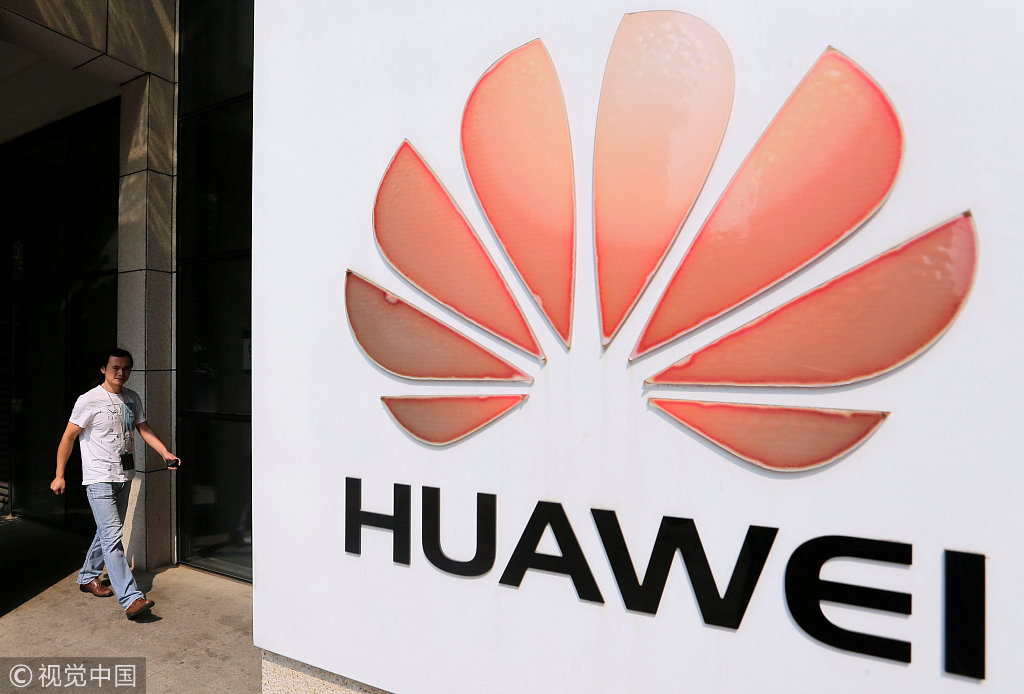Huawei caught in the middle of trade brawl: China Daily editorial
chinadaily.com.cn | Updated: 2019-05-30 20:44

In a sign that the United States is ramping up its pressure on the Chinese telecommunications giant Huawei, the New York-based Institute of Electrical and Electronics Engineers has announced it now blocks Huawei employees from reviewing submissions to its journals, citing "severe legal implications" because of US government sanctions against the company.
The organization is best known for setting the standards for the computer and electronics industry, and has long served as an open platform for scientists worldwide to collaborate. On its website, it claims that it wants to "inspire a global community to innovate for a better tomorrow".
Yet its discriminatory move to ban Huawei employees from reviewing its science papers is incomprehensible to the scientific circle and beyond. It has not only humiliated Chinese scientists as a group by putting their professional integrity in doubt, but also curtailed academic freedom and ridiculed the institute's claims to independence.
And it is especially unfair to Huawei, given that it has always been one of the key players in the institute. In January, Huawei hosted an IEEE working group meeting in Shenzhen, during which the company submitted proposals on how to facilitate the development of smart cities by leveraging innovative technologies such as the internet of things and cloud computing.
The IEEE may have come under immense pressure to boycott Huawei after all US hardware and software vendors have been forced to give the Chinese company the cold shoulder to comply with Washington's ban on supplying it components on the pretext of national security concerns. US Secretary of State Mike Pompeo on Wednesday again attacked Huawei, by claiming it has "deep connectivity" with and has long spied for the Chinese government, charges without any substantiating proof and accusations the company has remained steadfast in rejecting.
Such claims take a certain amount of chutzpah. Because although the US likes to pretend that its big tech firms are archetypal startup success stories, they thrived on US Department of Defense money, and they are among the top recipients of federal and local government subsidies.
It is little surprise then that US companies are falling into line behind the government given that they are such big beneficiaries of the US government's largesse.
Breeding suspicion by dangling before the public's eyes "a danger from without", as Albert Einstein described McCarthyism in a letter written in 1953, is exactly what the US administration is doing to try and get an upper hand over China in their ongoing tug-of-war.
The fact that Huawei does not represent a threat to the US was evidenced last week when the US president told the press that he could use an offer to reverse the blacklisting of the Chinese company as leverage in its trade talks with China.
























